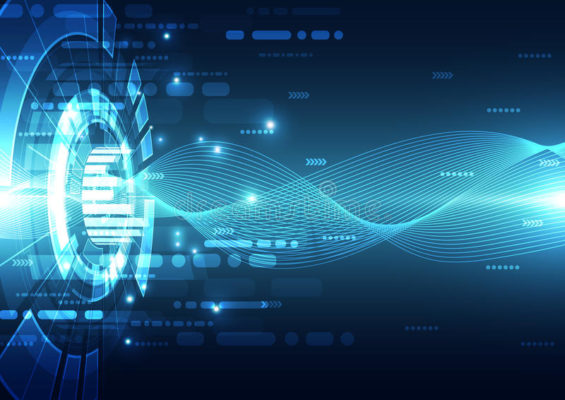Home
After a temporary postponement due to COVID-19, we are happy to announce that SSMCDAT is going forward! The event will take place at Lehigh University on January 19-21, 2023.
About SSMCDAT
The exponential increase in available computing power has made it possible to generate and analyze large amounts of materials data. One of the leading challenges in solid-state materials chemistry is determining how to best make use of this abundance of materials data to accelerate the development of new materials-based technologies.
Download the information packet here!

Solid-state materials chemistry and data science teams
SSMCDAT is an NSF-funded “hackathon” in which teams, each composed of both solid-state materials chemistry (“ssmc”) researchers and data (“dat”) scientists, will work together to apply advanced data science methods to address important, challenging problems in solid-state materials chemistry. The goal of this hackathon is to spark new collaborations in which important, challenging problems in solid-state materials chemistry are addressed in novel ways by leading methods in data science. It is anticipated that as a result of this workshop, the most successful teams may pursue additional funding and resources to build upon their successful collaboration.
Webinars in preparation for the event
Aug 30, Sergei Kalinin “Microscopy is all you need” YouTube link
Oct 17, George Em Karniadakis “Physics-Informed Machine Learning: Blending data and physics for fast predictions” YouTube link
Nov 18, Anton Oliynyk, title “Machine-learned features to solve crystal structure classication problems”, YouTube link
Dec 9, Dane Morgan, “Computational design of fast oxygen kinetics in materials”, YouTube link
Funding and support
SSMCDAT is supported by the Solid State & Materials Chemistry (SSMC) program, the Condensed Matter & Materials Theory (CMMT) program (both in NSF’s Division of Materials Research), the Big Data Science & Engineering (BIGDATA) program (Division of Mathematical Sciences) and the Office of Multidisciplinary Activities, through awards DMR-1938729 and DMR-1938734.



